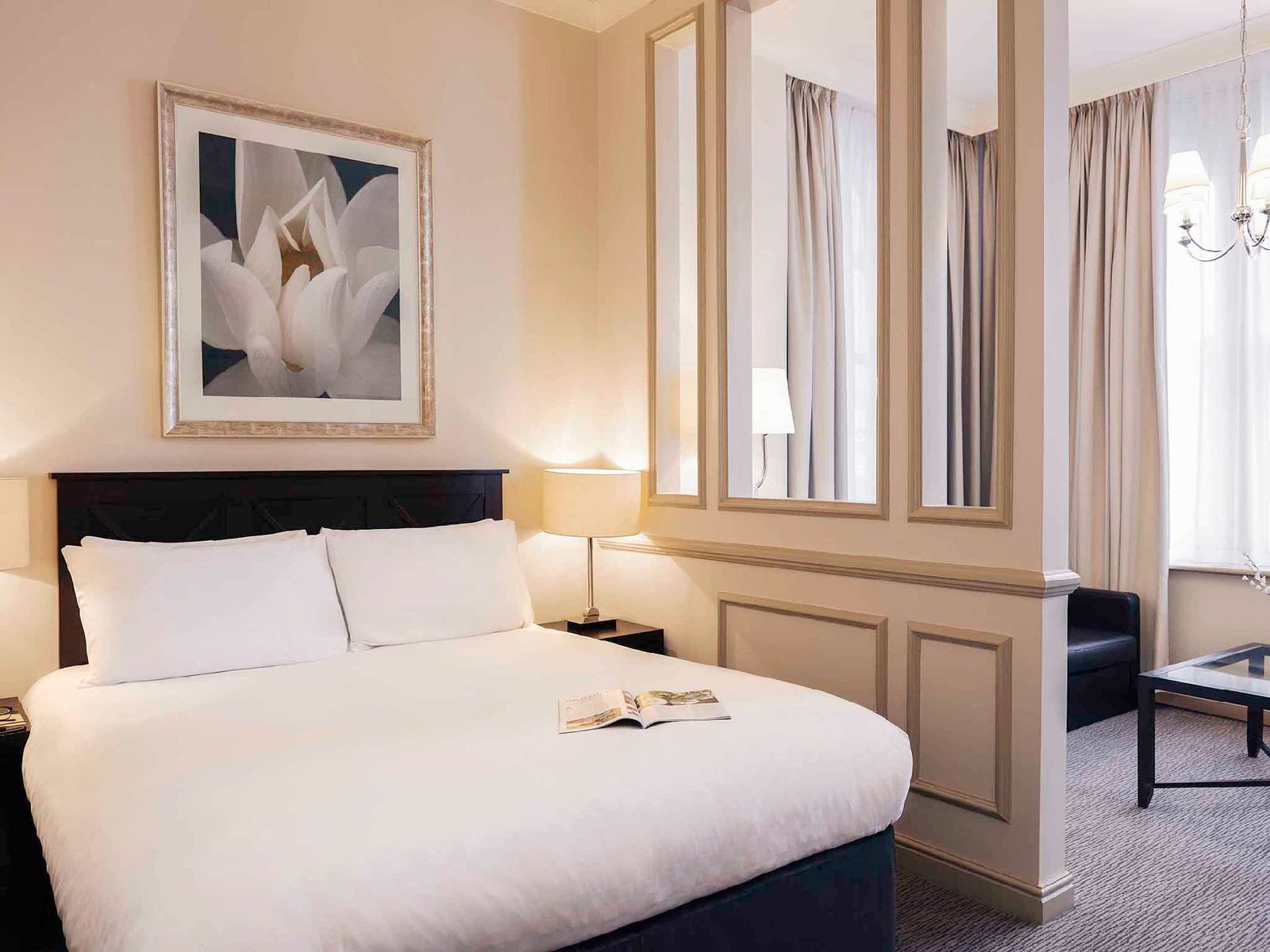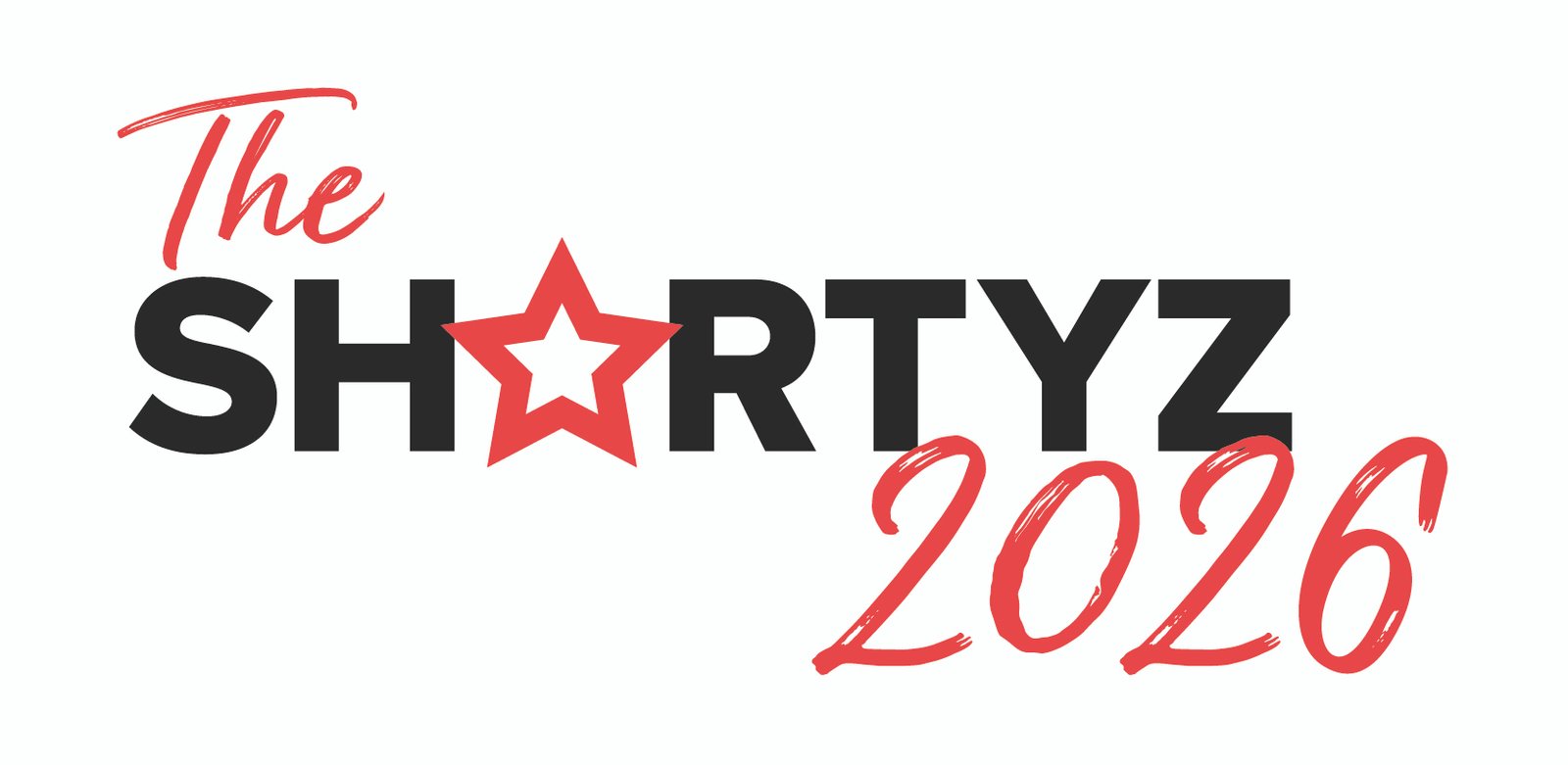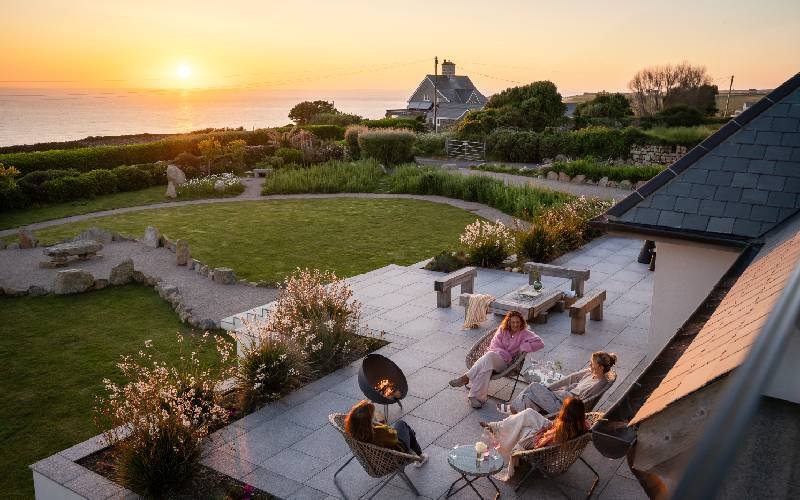Scotland: MSPs in Holyrood have announced a number of technical updates to the short-term lets licensing scheme that was introduced in 2022, sparking relief for holiday let owners in Scotland.
The Scottish Parliament relaxed the law in response to engagement with accommodation operators who were concerned about their ongoing ability to continue operating as a business and earn revenue from it.
Licensing was introduced in 2022 to “provide assurance to guests on safety and quality, such as gas and electrical safety compliance and the suitability of hosts”.
The regulations passed by the Scottish Parliament yesterday [26 June], as part of its approval of the Civic Government [Scotland] Act 1982 [Licensing of Short-term Lets] Amendment Order 2024, enable:
- Licences to be transferred to a new host, such as when accommodation is sold
- Prospective hosts building a new short-term let to apply for a provisional licence before construction is complete
- Hosts to apply for a maximum of three licence exemptions totalling six weeks in a calendar year
Minister for Housing for Scotland, Paul McLennan, said: “Short-term let accommodation is vital to Scotland’s tourism sector and wider economy.
“The short-term lets licensing scheme aims to protect the reputation of responsible operators and ensure the sector is regulated in line with other accommodation such as hotels and caravan parks, giving guests assurance of consistent safety standards. The technical updates to the scheme passed by Parliament were introduced in response to engagement with short-term let operators and the wider tourism industry.
“This will ensure the scheme continues to deliver quality and safety assurance for guests, whilst protecting the needs of local communities,” he added.
The changes also result from planned monitoring of the implementation of short-term let licensing in Scotland, which was announced in 2023.
As a result, hosts will now be able to apply for a maximum of three temporary exemptions to the licensing scheme in a calendar year [with a combined total of no more than six weeks]. There are also technical clarifications to exclude foster care and guest rooms in certain residential accommodation from licensing requirements.
Andy Fenner, CEO of the UK Short Term Accommodation Association [STAA] said: “The STAA welcomes the modest changes to the short-term lets licensing scheme that have now been voted in by the Scottish Parliament. These changes represent an important first step towards creating a better framework for the hundreds of small businesses operating holiday lets across Scotland, as well as local communities.
“Scotland’s holiday let industry brings in revenue for all kinds of businesses in communities not served by traditional hospitality and makes the country an attractive destination for the millions of overseas visitors that come every year, from families looking for a rural escape to festival-goers in need of a room.
“Improvements, such as the ability to transfer licences and greater flexibility around temporary exemptions, should assist in providing more certainty to those who rely on income from tourism. We have been working with the Scottish Government on these changes over the past year and appreciate its collaborative and pragmatic approach to addressing feedback and commitment to ongoing engagement with the sector to address further issues.”
“Although significantly more work needs to be done, these changes are a step in the right direction. We now look forward to continuing the conversation with the Scottish Government to ensure Scotland has a fair and proportionate short-term lets scheme that works for all Scottish businesses, communities, and visitors,” he added.
Meanwhile, in a statement, the Association of Scotland’s Self-Caterers [ASSC] said that the amendments did not go far enough despite strong concerns from across the tourism industry.
Fiona Campbell, CEO of the ASSC, said: “Key Scottish tourism stakeholders are united in saying these amendments are insufficient to address business concerns. Nobody would expect the Scottish Government to adopt every industry recommendation but what is on the table is a paltry offering. It is akin to re-arranging the furniture on the deck of RMS Titanic in whilst it sinks.
“Sadly, commitments to cut red tape have bypassed a sector facing irreversible damage. We can’t keep kicking the can down the road and hoping for the best when small and micro businesses urgently need help now.
“All licensing is doing is pushing up the costs of holidaying in Scotland, squeezing the supply of accommodation for our world-leading Festivals while generating a flourishing black market, damaging local businesses for no material benefit, and further legal challenges cannot be ruled out.
“Our message to government is clear: there has to be real, tangible change otherwise more small indigenous Scottish businesses will continue to close, it is as simple as that,” she added.
Last September, a motion to halt an upcoming licensing scheme for short-term lets in Scotland was denied after a vote failed to pass in the Scottish Parliament, and a 1 October deadline extension for hosts to apply for licences was ruled out by then-Scottish First Minister Humza Yousaf.
At the time, shadow business and tourism secretary, Murdo Fraser MSP, urged ministers to pause the licensing scheme legislation and allow for “a comprehensive review of its effects”, and the Labour and Conservative Parties also called for a halt to licensing schemes that were originally passed in 2018. However, Scotland’s Green Party said that communities in the country would feel “betrayed” by its two counterparts’ stances, claiming that it was “vital” to manage the “dramatic growth of short-term lets and the impact on communities”.
The current scheme applies to bed & breakfasts [B&Bs], guest houses and self-catering properties, though hotels are covered by the proposed regulation.
Short-term let hosts need to apply for a licence in order to rent out a room or an entire property, and could be liable to fines of up to £2,500 if they do not comply.
A short-term let is described as a “property or part of a property that is rented out for a short period of time”, such as for a holiday or business trip, including whole properties or rooms within a host’s home. It can refer to anything from self-catered accommodation, B&Bs, guest houses, chalets, stationary homes, boathouses, and more that are detailed on the VisitScotland website.







